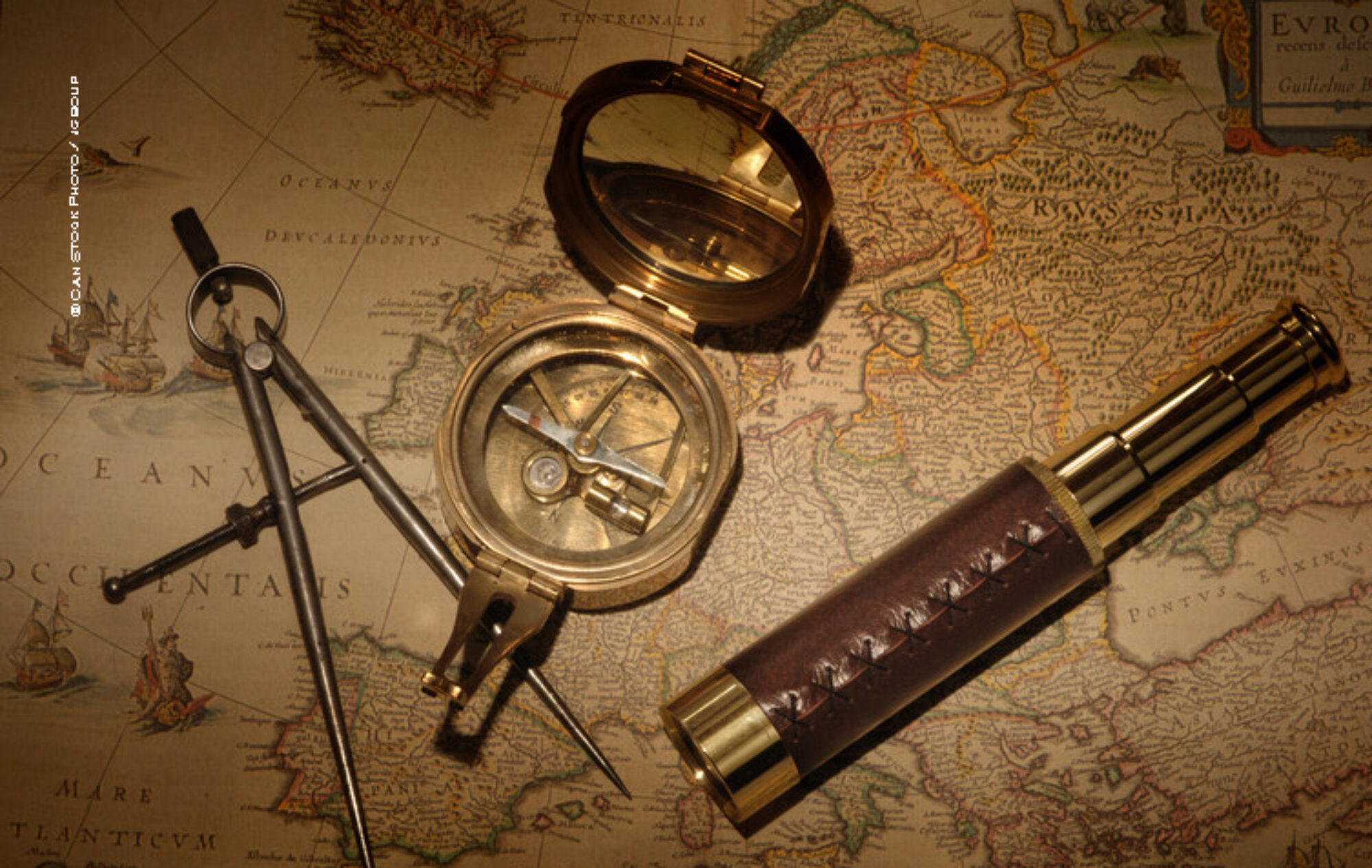I always hesitate to comment on such matters, but after reading the article by the Associated Press  regarding the relief of 16 Air Force officers involved in some fashion with nuclear weapons I decided I would offer a few thoughts. My nose was already tweeked this morning after watching the “victory” speech by Virginia Senate candidate Mark Warner (as I write this, the race is still not decided, by the way) in which he says something about how the voters of Virginia have spoken and put him in the Senate…well, (very) slightly over half the voters in Virginia thought he was the best candidate…..I would be careful about yakking about mandates and the like with only a few votes more than the other guy. To me the mandate is to be just as diligent about representing the other half of the Virginia voters as he is in representing the half that voted for him. But as soon as he gets back on the Senate floor, he will do what all politicians do…..follow his leader. So it occurred to me that in general, politicians are followers, not leaders. They follow the will of their party, they follow the polls, they follow the money. Very few of them actually lead. Heck, even Speaker Boehner is as much a follower (to desires of tea party interests and the like) as is a leader. And don’t get me wrong, I’m OK with that. They are supposed to be followers, aren’t they?……following the will of the people they represent. They also tend to make lots of mischief when they “lead”.
regarding the relief of 16 Air Force officers involved in some fashion with nuclear weapons I decided I would offer a few thoughts. My nose was already tweeked this morning after watching the “victory” speech by Virginia Senate candidate Mark Warner (as I write this, the race is still not decided, by the way) in which he says something about how the voters of Virginia have spoken and put him in the Senate…well, (very) slightly over half the voters in Virginia thought he was the best candidate…..I would be careful about yakking about mandates and the like with only a few votes more than the other guy. To me the mandate is to be just as diligent about representing the other half of the Virginia voters as he is in representing the half that voted for him. But as soon as he gets back on the Senate floor, he will do what all politicians do…..follow his leader. So it occurred to me that in general, politicians are followers, not leaders. They follow the will of their party, they follow the polls, they follow the money. Very few of them actually lead. Heck, even Speaker Boehner is as much a follower (to desires of tea party interests and the like) as is a leader. And don’t get me wrong, I’m OK with that. They are supposed to be followers, aren’t they?……following the will of the people they represent. They also tend to make lots of mischief when they “lead”.
In the military we expect everyone to be a leader to some extent and as one gets more senior, our expectations of them as a leader grow. I’ve been to a few leadership seminars in my day and I know all the various combinations and permutations of this concept:
- Leaders lead
- A good leader knows how to be a good follower
- Lead, follow or get out of the way
- The scenery only changes for the lead dog of the pack
- Servant leadership….A good leader is a servant to all
- It’s good to be the King
- All glory is fleeting (One of Gen. Patton’s favorite sayings)*
*( Or if you prefer, Napoleon’s take: Glory is fleeting, but obscurity is forever!)
And as a Three Star in the Pentagon I was always reminded that no matter how high and mighty you think you might be, there’s always someone above you to whose tune you must dance! In the end, everyone works for somebody, don’t they?
 Back to the nuke thing. One thing I knew as an Attack Squadron Commanding Officer: The quickest way to be relieved without question was to score anything other than an outstanding on nuke inspections. Consequently, I put my absolute best officers and enlisted personnel in those positions. I assume the same is true in the Air Force, so that the absolute best must be assigned nuclear positions. In that business, there is no room for error. Obviously some house cleaning was needed and the Air Force leadership did what they had to do.
Back to the nuke thing. One thing I knew as an Attack Squadron Commanding Officer: The quickest way to be relieved without question was to score anything other than an outstanding on nuke inspections. Consequently, I put my absolute best officers and enlisted personnel in those positions. I assume the same is true in the Air Force, so that the absolute best must be assigned nuclear positions. In that business, there is no room for error. Obviously some house cleaning was needed and the Air Force leadership did what they had to do.
The Navy also frequently makes the news for relieving various leaders for all sorts of reasons. I liked the way a former boss of mine, Admiral Vern Clark, used to answer questions about excessive reliefs of Commanding Officers. He said the Navy sets the bar high for its Commanding Officers, holds them absolutely accountable for not only their own actions, but the actions of all under his/her command, and we make no apologies for that. Amen.
Leadership is about accountability…accountability to your seniors, accountability to those who work for you and those who you work with. All too frequently politicians tend to be accountable to the wrong people or things….big money donors, party leadership, special interest groups, etc. That’s another reason why they don’t necessarily make good leaders. (Yes there are some notable exceptions and I am not suggesting that ALL politicians are not good leaders, but work with me here!)
So I propose that accountability is why we are blessed with so many good leaders in our Armed Forces. So next time you read about someone in the military being held accountable, you should say to yourself, “That’s a good thing.”
But…..problems arise when the “followers” become the leaders….either because of their control of the purse strings or worse, because they fill a void left by leaders more interested in following than leading. Civilian control of our military is one of the fundamental principles of our democracy and I wholly endorse the concept. Nothing distresses me more than when I hear someone from the Hill say that if our military wants it, then it must be good. After all, militaries fight great wars but they are not all that great at making policy. They are only one of the instruments of national power (economic, diplomatic, informational, and military) that the US can bring to bear. All too often they tend to discount the value of other types of power because investments in them take money away from Defense coffers. To be fair here, there is a great deal of writing on the use of other instruments of power in military doctrine, but I submit it is mostly theoretical and when money is at stake, all the rhetoric goes out the window. According to our Constitution, our political masters are the ones to make those judgments. But our military also has an obligation to make sure their best advice is given to the “deciders.” Once they make a decision, the military’s job is to salute smartly and carry out the decisions.
It is a fine line, and I have the greatest respect for those in senior leadership positions who have the moxie to advise what they believe, not what they think their political masters believe. It can cost a career. Look what happened to Army Chief of Staff General Shinseki when he disagreed with Secretary of Defense Rumsfeld on the number of troops required to tame Iraq (in the end the General was right, but never played the “I told you so” card)? He was shown the door to the River Entrance at the Pentagon! Can we ever really succeed in Syria without putting some number of troops on the ground? Will Afghanistan implode if we pull all our troops out? Can we still have the world’s most capable military with sequestration? I admire those who give sincere, apolitical answers to these questions. But then again they are leaders! Beware those who do otherwise.

